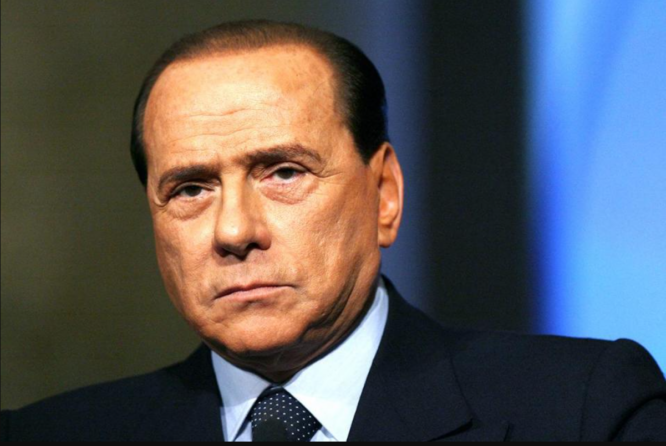As the final credits rolled on the long-awaited election debate between party leaders on Greek television, one thing united them: they were all males.
While the three fought for three hours over defense spending, unemployment, and a surveillance scandal, there is no mention of the elephant in the room, which is that Greek politics is still dominated by males.
Greece granted women the right to vote in 1952, two decades after their British and Spanish counterparts, and only one in five members of parliament are women, one of the lowest rates in the European Union.
Kyriakos Mitsotakis, the outgoing conservative prime minister, has only 10 women in his ministry of 58, and only two of them are full ministers.
In 2015, Vasiliki Thanou became the nation’s first female prime minister, but her tenure was purely technical and transitory prior to the re-election of Marxist Alexis Tsipras.
With the nation on the verge of bankruptcy and confronting a refugee crisis, the former supreme court chief was in command for almost a month.
“The number of women participating in politics is insufficient,” Thanou told AFP.
The 72-year-old stated, “Perhaps Greek society is not mature enough to recognize that women have the same capacity as men to assume political responsibilities.”

Patriarchal culture
Things appear to be changing under Mitsotakis of New Democracy, whose sister Dora Bakoyannis was the first female mayor of Athens and Greek foreign minister.
In 2019, his government mandated that at least 40 percent of candidates on electoral ballots be female.
A year later, his party appointed veteran judge Katerina Sakellaropoulou to the primarily honorary position of president.
However, progress at the ballot has been a different story.
“There are many women on the ballots, but none are elected,” said New Democracy candidate Dora Palli-Petralia, whose mother was one of the few women ministers for the party in the 2000s.
Nevertheless, the position of women in a country of 10 million people is evolving.
The late advent of the #MeToo movement, which was sparked by the revelations of an Olympic sailing champion who had been raped, raised awareness about violence against women.
But discriminatory remarks are still prevalent.
Greek media focused on her “beauty” and “beautiful blue eyes” when former Greek vice-president of the European Parliament Eva Kaili was detained during the Qatargate corruption scandal.
Mitsotakis, speaking to the youthful YouTuber Nefeli Meg last month, pledged to appoint “many more” women to government positions if re-elected.
His primary rival, the leftist leader Tsipras, has pledged to achieve gender equality, but in 2015, only two women served in his cabinet.
“We live in a patriarchal society, we are a Mediterranean society, and many gender stereotypes persist,” Stella Kasdagli, co-founder of the non-profit organization “Women on top” told AFP.
She added that in Greece “women’s lives are almost entirely defined by family responsibilities,” particularly the education of children and the frequent care of elderly parents.
Despite outnumbering males on Sunday by five million, women’s position in Greek politics leaves a great deal to be desired.




